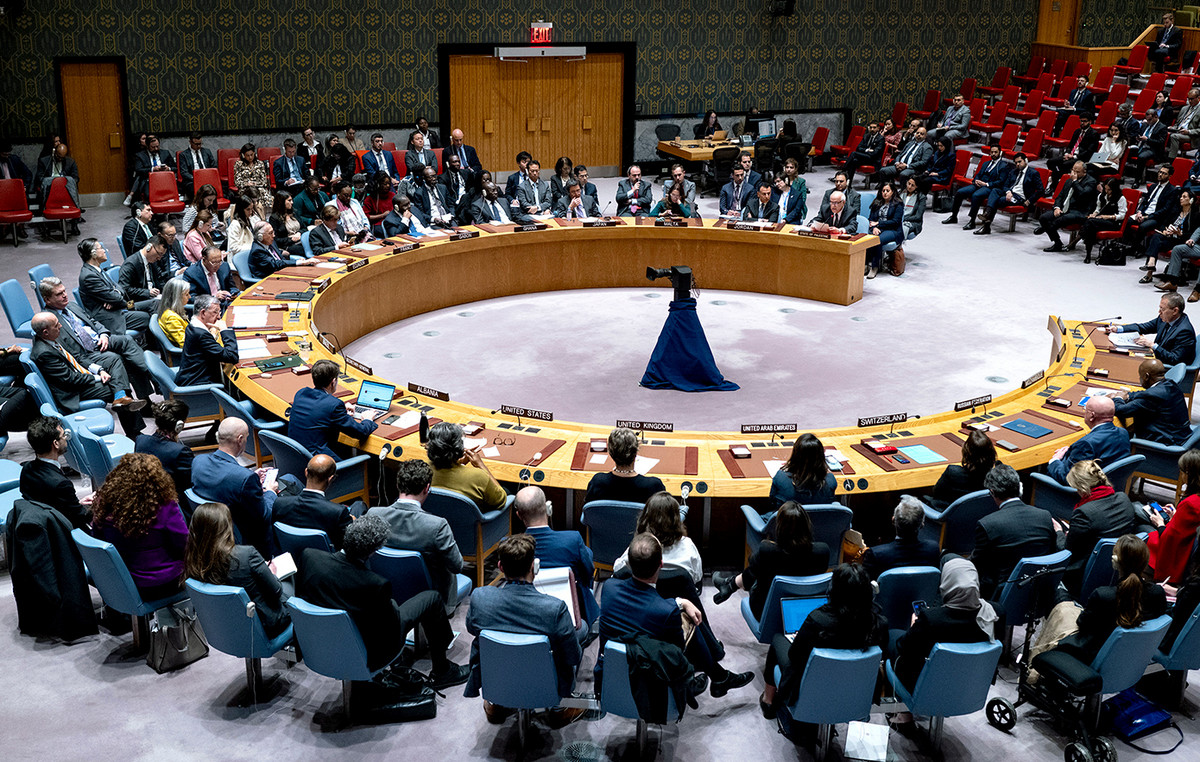South African scientists do not see any signs that the Ômicron variant of the coronavirus is causing more serious illnesses, according to a statement on Friday (10). Meanwhile, authorities announced plans to release booster vaccines as daily infections were approaching an all-time high.
South Africa alerted the world to Ômicron late last month, showing that the highly mutated strain could trigger a new outbreak of global infections.
Hospital data show that Covid-19 cases are now rising dramatically in more than half of the country’s nine provinces, but deaths are not growing at the same rate. Indicators such as the average length of hospital stay are reassuring.
While scientists say more time is needed to reach a definitive conclusion, Health Minister Joe Phaahla said the signs of gravity are positive.
“Preliminary data suggest that although there is an increase in the rate of hospitalization, it appears that it is purely because of the numbers and not as a result of any severity of the variant itself,” he reiterated.
In recent days, a national outbreak linked to the variant infected about 20,000 people a day, with 19,018 new cases of Covid-19 on Thursday, according to data from the National Institute of Communicable Diseases. However, there were only 20 new deaths.
Infections have yet to peak at more than 26,000 daily cases during a third wave powered by the Delta variant.
South Africa fully vaccinated about 38% of adults, more than in many other African countries. But short of the government’s target for the end of the year. Recently, some vaccine deliveries have been delayed due to oversupply as the pace of immunizations slowed down.
Health department deputy director general Nicholas Crisp said on Friday that Pfizer-BioNTech vaccine boosters would be available six months after the second dose, with the first people becoming eligible later this month.
Johnson & Johnson’s Janssen boosters are already available to healthcare professionals in a research study, and would be rolled out to others soon, he said.
Crisp denied that offering reinforcements was a means of depleting the vaccine supply. “We don’t need to consume vaccines. They are expensive and we will only use vaccines if there is evidence,” he said.
The World Health Organization recommended this week that boosters should be given to people who are immunocompromised or have received an inactivated COVID-19 vaccine to protect against declining immunity. But it was said earlier that administering primary doses should be the priority, as vaccination rates remain worryingly low in many developing countries.
A small study by a South African research institute this week suggested that Omicron could partially avoid the protection of two doses of the Pfizer vaccine, but the company and its partner, BioNTech, say a three-dose course of their vaccine could neutralize Omicron in the laboratory.
Glenda Gray, chair of the Medical Research Council of South Africa, said that there were many more unvaccinated people among South African hospital admissions and that the evidence was that the Pfizer vaccine still offered protection.
“We are seeing that this vaccine is maintaining its effectiveness. It may be slightly reduced, but we’re seeing effectiveness being maintained for hospital admissions and that’s very encouraging,” she said.
Reference: CNN Brasil







